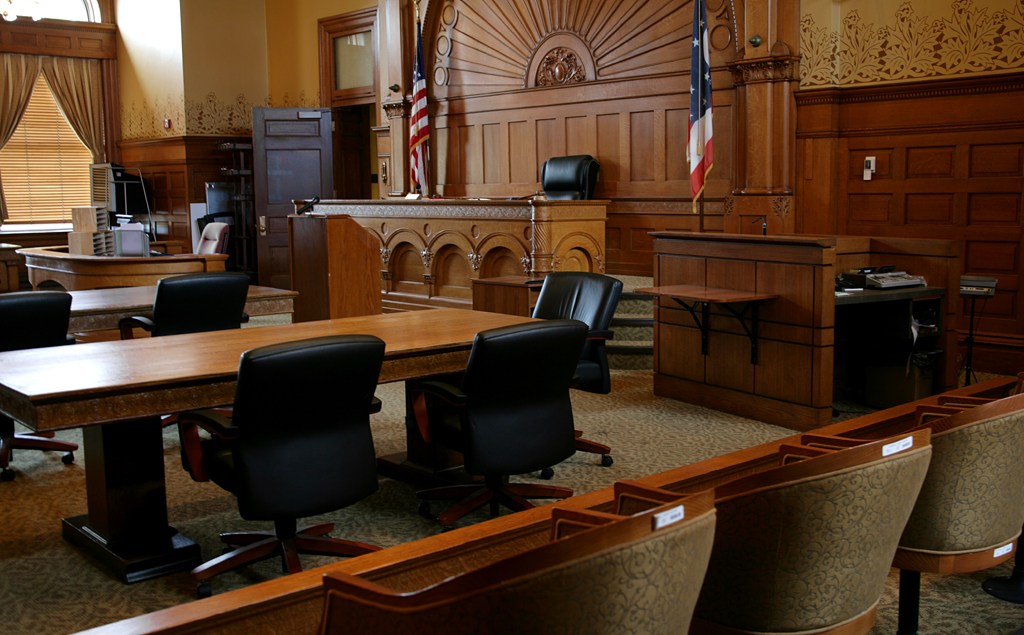
Written by Doug Austin, Editor of eDiscovery Today
I love getting a comment from a reader about a blog post I’ve written! I love it even more when the reader provides information that I didn’t know previously. And when it’s from none other than the Hon. Andrew Peck (ret.), it’s even better!
A couple of weeks ago, I wrote about how courts began using Zoom to conduct proceedings virtually once the COVID-19 pandemic began, including hearings, depositions (many of which have been virtual already for years), and even trials. A lot of them, in fact.
One state – my home state of Texas – announced five months ago, that its approximately 2,000 judges had conducted one million virtual hearings since March 2020! As part of my conclusion, I stated that “virtual court proceedings appear to be here to stay for the foreseeable future – at least for many types of court proceedings”.
The Pandemic and How the CARES Act Impact on Federal Courts
The Coronavirus Aid, Relief, and Economic Security Act (CARES Act) was a $2.2 trillion economic stimulus bill passed by the 116th U.S. Congress and signed into law by President Trump on March 27, 2020, in response to the economic fallout of the COVID-19 pandemic in the US. Unprecedented in size and scope, the legislation was the largest economic stimulus package in US history, amounting to 10% of total U.S. gross domestic product.
So, what does that have to do with the Federal court system?
As part of the stimulus, the CARES Act provides funds for Federal courts to continue necessary operations, focusing primarily on keeping the federal criminal justice system intact. It stated that if COVID-19 “will materially affect the functioning of either the Federal courts generally or a particular district court,” any impacted court is permitted to conduct virtually any criminal pretrial hearing.
As a result, the Judicial Conference of the United States announced in March 2020 that it “has temporarily approved the use of video and teleconferencing for certain criminal proceedings and access via teleconferencing for civil proceedings during the COVID-19 national emergency.” In some instances, the Conference has also temporarily changed its “broadcast/cameras policy to allow a judge to authorize the use of teleconferencing to provide the public and media audio access to court proceedings.”
The CARES Act provided that the authorization of video and telephone conferencing “will end 30 days after the date on which the national emergency ends, or the date when the Judicial Conference finds that the federal courts are no longer materially affected, whichever is earlier.”
Conclusion
So, when is it over? That’s a good question.
Several courts have issued supplemental or standing orders, like this one in Texas and this one in Pennsylvania to extend “emergency conditions” and continue the use of video and telephonic conferencing.
There is this US Courts page titled Court Orders and Updates During COVID-19 Pandemic, which lists court orders and info for SCOTUS and U.S. Courts of Appeals, District Courts, and Bankruptcy Courts.
However, the page “cannot ensure the latest information is posted below” (as evidenced by the fact that neither the Texas nor Pennsylvania orders are listed), so they “strongly suggest you visit a court’s website to confirm you have the latest information”.
Good idea.
Regardless, as Judge Peck informed me in his note to me, the authorization of video and telephone conferencing for at least some proceedings in many Federal courts is temporary through the CARES Act and will end – eventually.
Many IPRO customers have found that the company’s solutions for Trial Presentation have been essential during this time of video conferencing, but also offer capabilities for in-person hearings as well.
For more educational topics from me related to eDiscovery, cybersecurity and data privacy, feel free to follow my blog, eDiscovery Today!



